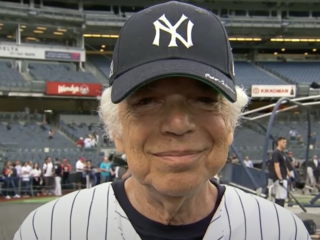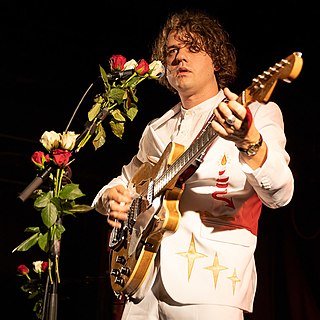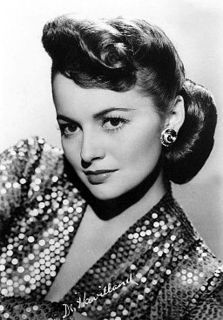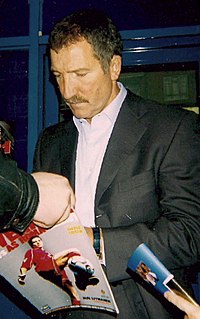A Quote by Maria Cornejo
My parents came from very humble families. My grandfather had a construction business coming from farmland, and my grandmother could never read or write. We were very spoiled. We had a nice house - and then, all of a sudden, we had nothing.
Related Quotes
I learned a lot about my parents, who were both teachers. I had known that my parents were very strongly in favor of education. I had known that they had an impact on a lot of people, but people came out of the woodwork who have said, "You know, without your father, I would never have gone to college," very successful people. And so I learned how widespread their educational evangelism really was.
Being someone who had had a very difficult childhood, a very difficult adolescence - it had to do with not quite poverty, but close. It had to do with being brought up in a family where no one spoke English, no one could read or write English. It had to do with death and disease and lots of other things. I was a little prone to depression.
I'm very blessed, mainly because even though my family is mostly in show business, it's really centered around music. My parents were very successful in many ways, but they weren't necessarily top of the charts. We were never wealthy because of music. We always had to work and we always had to struggle a little bit, and I think at the end of the day that's been very good for me, because I have a sense of it being very ephemeral.
I had been living in Ohio in my own house with my own life when my marriage abruptly came to an end. I had nowhere to go with my two sons, very little money, and not much to do in Ohio except be someone's ex-wife. My parents instantly and very generously invited my family to move back home to New York, where I could begin again.
I was a child of the women's movement. Everything I had learned was from my mother and my grandmother, who both had a very pioneering spirit. They had to, because they had to change flat tires and paint the house - because, you know, the men didn't come home from the war or whatever else, so women had to do these things.
Those women who had gone out with Germans were grabbed and treated very badly, often shaved totally bald so that everyone could see who they were. Some were taken prisoners. There had been so much suffering during the war because of the betrayal of those collaborators, so many killed and hurt because of what they had done to families, that the mood for revenge against the traitors was very high. It was not right, but it was understandable.








































